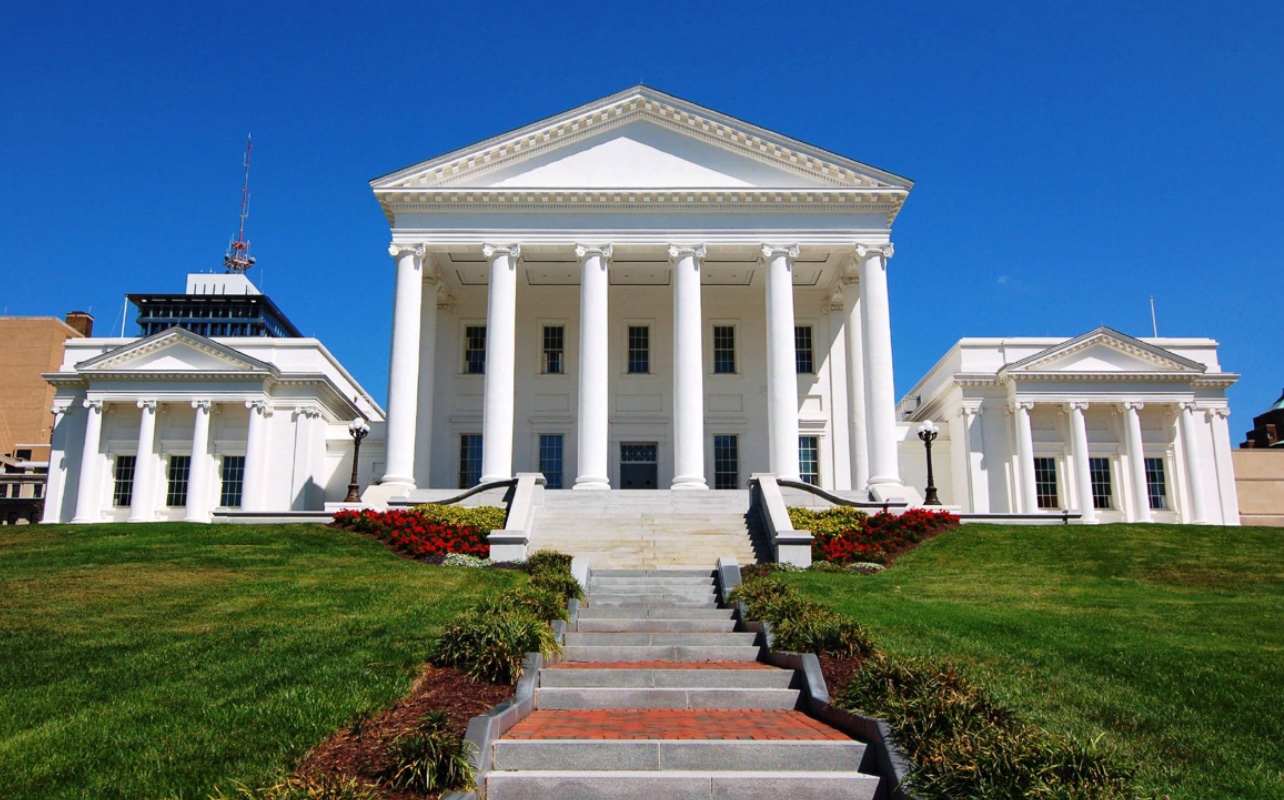March 23, 2024
The move by the Virginia State Legislature comes after a 2023 investigative media series traced how universities across the country have been responsible for uprooting Black families and families of color.
On March 16, the Virginia State Legislature agreed to a state budget that allows Virginia to create a commission to determine if public institutions in the state “purchased, expropriated, or otherwise taken possession” of Black neighborhoods and communities, ProPublica reports. This decision follows a 2023 report by ProPublica revealing Virginia’s public institutions’ lengthy history of displacing the state’s Black residents. The commission will also assess if any compensation is due to those property owners or their descendants, according to the bill.
The move by the Virginia State Legislature comes after an investigative series published in 2023 by ProPublica in conjunction with Essence and the Virginia Center for Investigative Journalism traced how universities across the country have been responsible for uprooting Black families and families of color. In particular, the series revealed that Christopher Newport University, located in Newport News, Virginia, erased a Black neighborhood from existence. As a result of their reporting, city and university leaders created a task force in January.
Christopher Newport University declined to comment to ProPublica about the creation of the task force or the potential state commission, but President William Kelly indicated in an internal document shared with faculty and staff of the university that the growth of the university “has come at a human cost, and we must continue to learn about and understand our complicated history.” The university, as ProPublica reports, plans to implement information about the university’s founding and its evolution into its orientation sessions, per Kelly’s previous remarks.
Delores McQuinn, Virginia state Democratic Delegate, told Essence that the universities need to address what they have done to the Black communities in Virginia. “Universities should take it upon themselves to revisit and address these inequities and injustice that occurred at monumental levels.”
McQuinn concluded, “Many universities have profited for years based on the injustice that prevented Black families from progressing financially.”
McQuinn introduced legislation in January that was aimed at creating the commission, initially she requested $150,000 a year for the commission, but that amount was reduced once the bill she proposed was placed into the state’s budget. McQuinn, who will be on the commission, told ProPublica that the commission was aimed at addressing “how we repair some of the damage that has been done, whether it is through actual dollars, or scholarships or other kinds of ways.”
As ProPublica reports, Rev. Robin D. Mines, a Richmond minister, testified at a hearing in February that Virginia, and America more broadly, owes it to the Black communities it uprooted to make things right. “My country has gone from uprooting Black communities violently to legally doing it,” Mines said. “It is far past due time to do something about this and bringing hope to our communities.”
The bill, though approved by the Legislature, still must be signed by Virginia Gov. Glenn Youngkin and he holds the power to veto line items in the budget that he does not agree with. Youngkin has until April 17 to sign the state budget and establish the commission, which is composed of 10 legislators, two of Virginia’s top education officials, and seven civilians.
Youngkin has not signaled support for many of the bills sent to him by the Virginia State Legislature, as he remarked in a statement released after the end of the legislative session, he believes the legislature’s bills need work. According to Youngkin, the legislature “sent me more than a thousand bills plus backward budgets that need a lot of work,” but promised to review and decide the fates of the bills within the next 30 days.
Though there is a budding movement regarding reparations for families impacted by the expansion of universities across the country, there has been little actual action taken, especially on a federal level. There are only a handful of states where there has been movement, and most of these have involved some form of reparations through scholarship programs.
RELATED CONTENT: Debate Over Taxes And Reparations: Insights From Tiffany Cross, Angela Rye, And Andrew Gillum
Enter your Email Address below to get our fun-filled Newsletter!
© 2024 Black Enterprise. All Rights Reserved.

